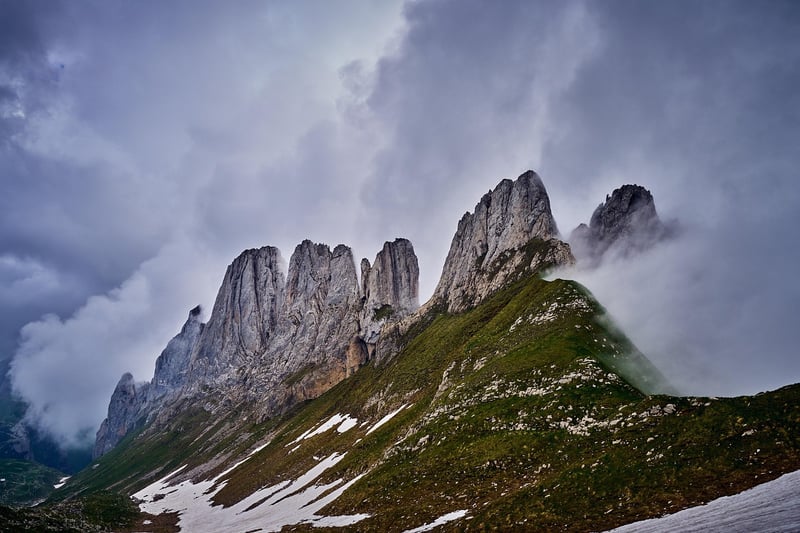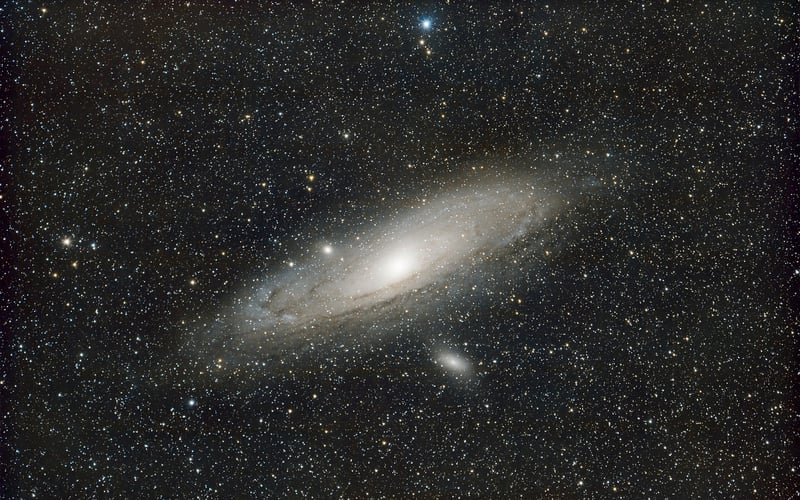Future Exploration
The Evolution of Exploration Through Different Eras and Future Prospects
Introduction
Exploration has been a fundamental aspect of human history, driving us to discover new lands, cultures, and knowledge. From ancient voyages across oceans to modern space exploration, humans have always sought to expand their horizons. Let's delve into the various eras of exploration and look ahead to the future of this adventurous spirit.
Ancient Exploration
Ancient civilizations like the Greeks, Phoenicians, and Chinese were pioneers of exploration. They navigated seas, established trade routes, and connected distant lands. Famous explorers like Pytheas and Zhang Qian opened up new frontiers, shaping the world as we know it.
Age of Discovery
The Age of Discovery in the 15th to 17th centuries saw European explorers like Columbus, Magellan, and da Gama embark on daring voyages. They crossed oceans, mapped continents, and encountered new cultures. This era laid the foundation for global exploration and trade.
Modern Exploration
In the 19th and 20th centuries, exploration expanded with expeditions to the poles, deep-sea dives, and space missions. Explorers like Amundsen, Cousteau, and Armstrong pushed the boundaries of human exploration, venturing into the unknown and expanding our understanding of the universe.
Future Exploration
The future of exploration holds exciting possibilities with advancements in technology and space exploration. Projects like Mars missions, deep-sea exploration, and space tourism offer new frontiers to conquer. Robots and AI may lead the way, paving the path for human colonization of other planets.
Conclusion
Exploration has been a driving force in human history, shaping societies and expanding our knowledge. From ancient adventurers to modern explorers, the spirit of discovery continues to propel us forward. As we look to the future, the possibilities for exploration are limitless, promising new discoveries and adventures yet to come.


